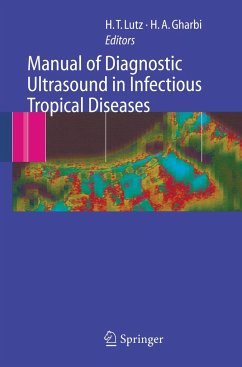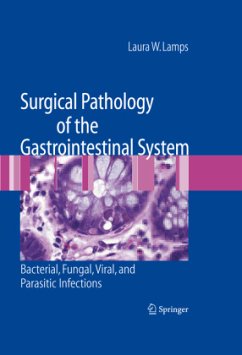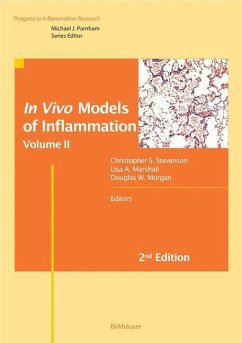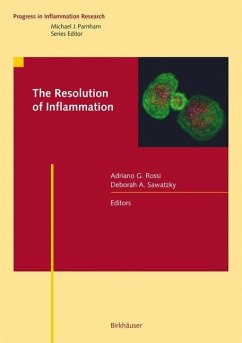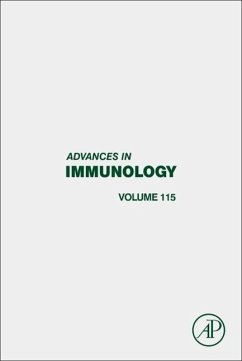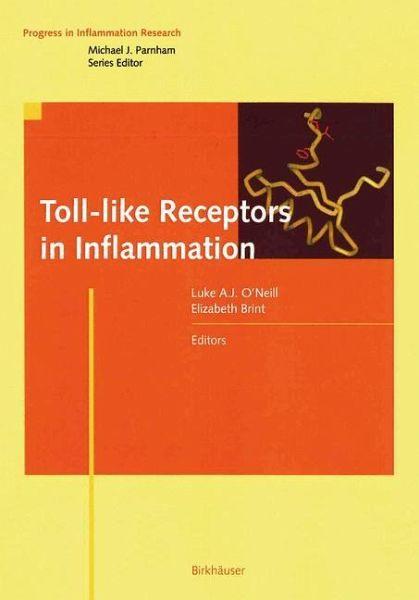
Toll-like Receptors in Inflammation

PAYBACK Punkte
0 °P sammeln!
A repertoire of 10 TLRs mediate the first response to all microbes that infect mammals. They are the long sought receptors for a wide range of microbial products. Notable examples include TLR4 which recognizes LPS from gram negative bacteria, TLR3 which recognizes viral double-stranded RNA and TLR9 which recognizes CpG DNA motifs, found commonly in both viruses and bacteria. TLRs are increasingly being implicated in both infectious and inflammatory diseases, notable examples being sepsis, inflammatory bowel disease, atherosclerosis and asthma. There is therefore great interest in targeting TLR...
A repertoire of 10 TLRs mediate the first response to all microbes that infect mammals. They are the long sought receptors for a wide range of microbial products. Notable examples include TLR4 which recognizes LPS from gram negative bacteria, TLR3 which recognizes viral double-stranded RNA and TLR9 which recognizes CpG DNA motifs, found commonly in both viruses and bacteria. TLRs are increasingly being implicated in both infectious and inflammatory diseases, notable examples being sepsis, inflammatory bowel disease, atherosclerosis and asthma. There is therefore great interest in targeting TLRs therapeutically since blocking TLRs will result in a decrease in the production of inflammatory mediators such as TNF. This volume covers our current understanding of TLRs, and their role in inflammation. Given the primacy of TLRs in the inflammatory process and their emerging role in inflammatory diseases the book is of great interest to researchers working in inflammation and immunology.







